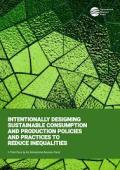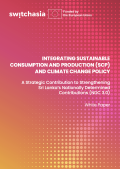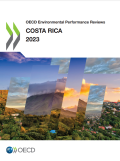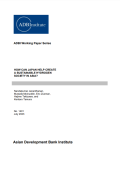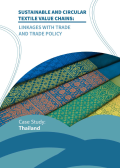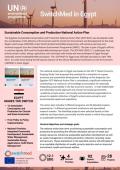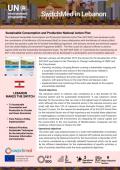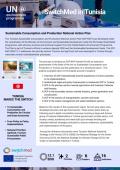
The world economy has grown significantly during the past decade. An increasing number of households in developing economies are joining the consuming class; experts estimate 2-3 billion additional middle-class consumers will be added by 2050 (UNEP, 2017). Due to growing individual prosperity, people are consuming more than ever before. However, the current path of consumption and resource use is not sustainable. In fact, the United Nations has warned that “the equivalent of almost three planets could be required to provide the natural resources needed to sustain current lifestyles in 2050.”
Individual consumption choices collectively have a large impact on the use of natural resources and the production of waste and pollution. To mitigate the negative impacts of consumption on the environment, people must shift their consuming patterns towards better sustainability. These changes include reducing food waste, choosing energy efficient products, and considering water resources. In addition, awareness-raising and education on sustainable lifestyles are necessary for consumers to make sustainable choices.
Relevance to the SDGs
Consumption is incorporated in the Sustainable Development Goal 12, to ensure sustainable consumption and production patterns. This goal emphasises a more efficient use of natural resources (12.2), the reduction of food waste (12.3), and greater awareness for sustainable lifestyles (12.8).
SDG 12.2
Natural Resouces SDG 12.3
Food Waste SDG 12.8
Lifestyles
The global middle class is predicted to increase by 50% to 4.9 billion in 2030, driving an increase in demand for more products and services. It is estimated that implementation of the SDGs by 2030 could generate in excess of $12 trillion a year in market opportunities. This reflects, in part, increasing consumer demand for products that reduce or eliminate negative environmental impacts with 75% of millennials (consumers born between 1981 and 1996) altering their buying habits with the environment in mind. Aligned with changing consumer habits, the UN One Planet Network and World Business Council for Sustainable Development launched the Good Life Goals to help individuals and businesses redefine how they consume and show how their purchasing behaviour impacts the environment.
Consumption patterns have also been changing to focus on either reducing consumption or sharing the benefits of a good rather than owning the good outright. Moreover, increased internet access has increased the proliferation of the sharing economy as reflected in the growth in companies such as Uber and Airbnb.




